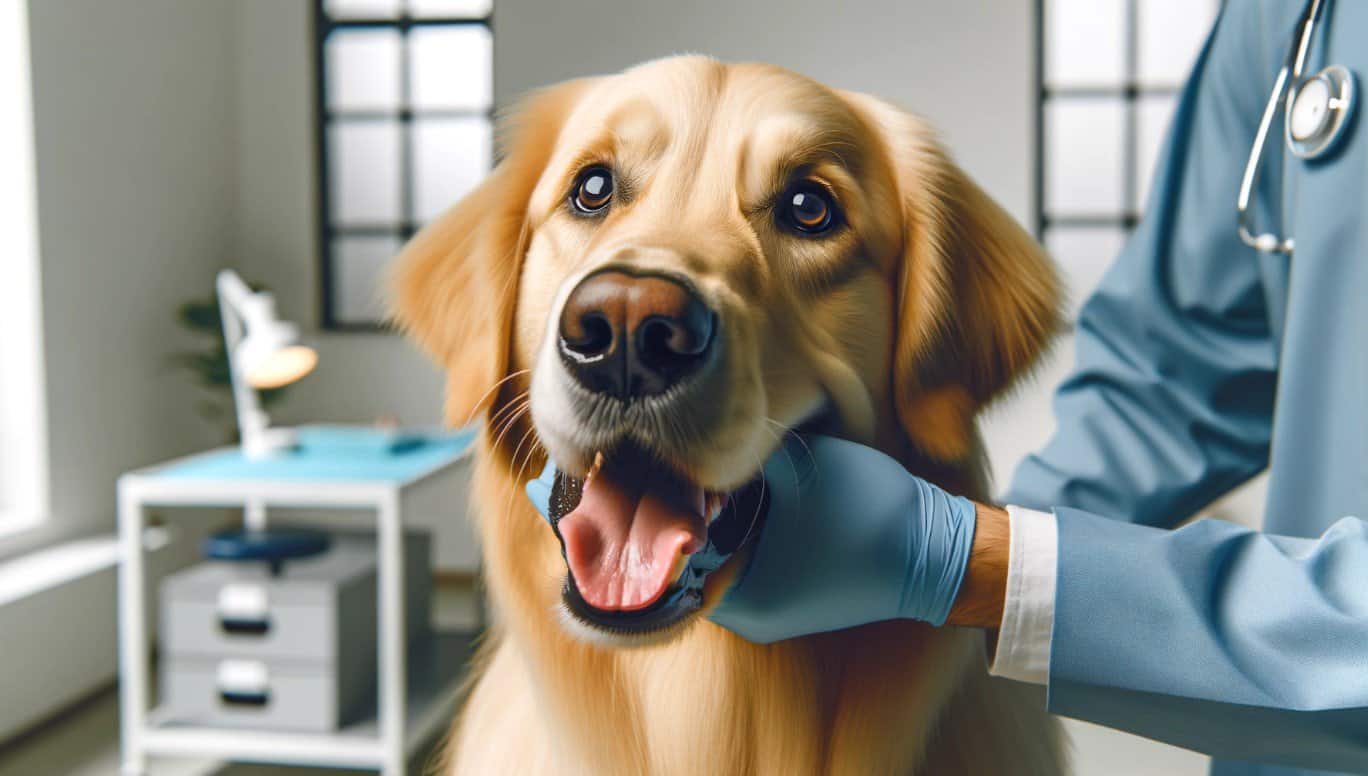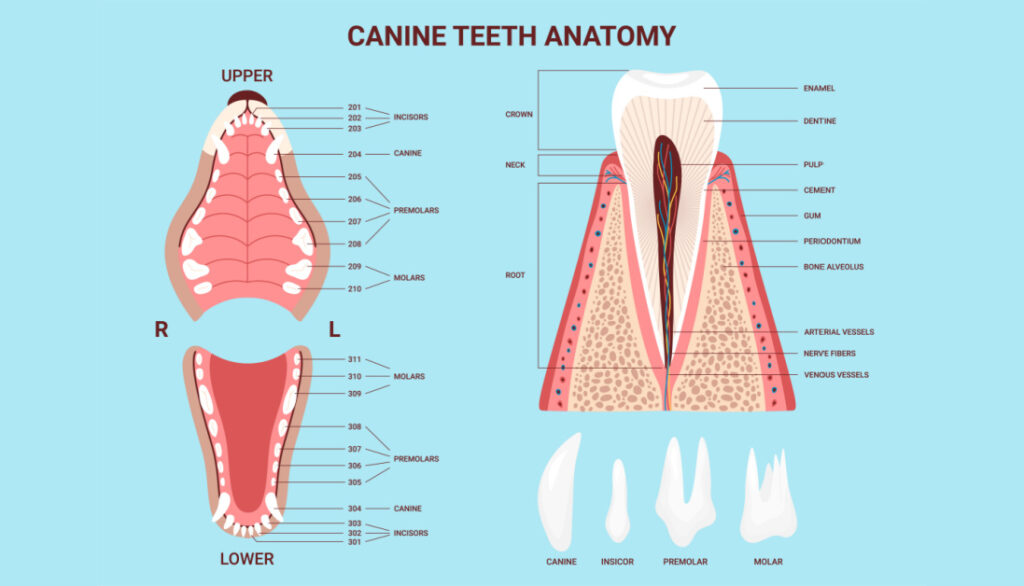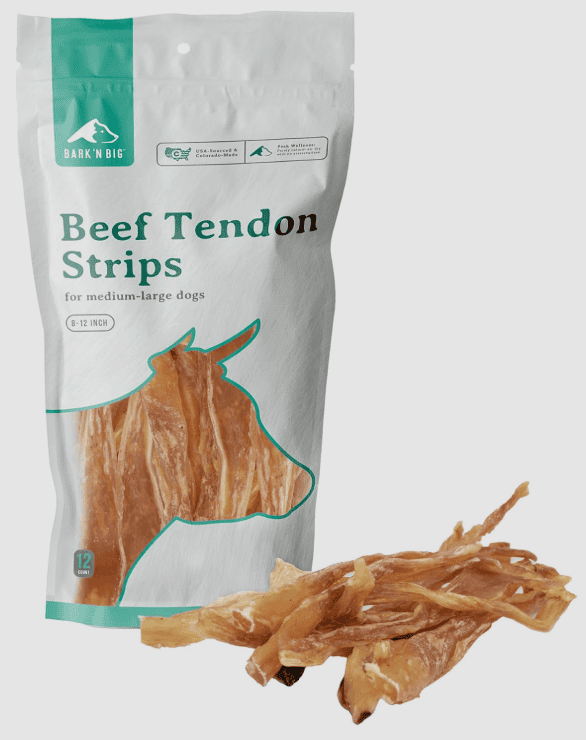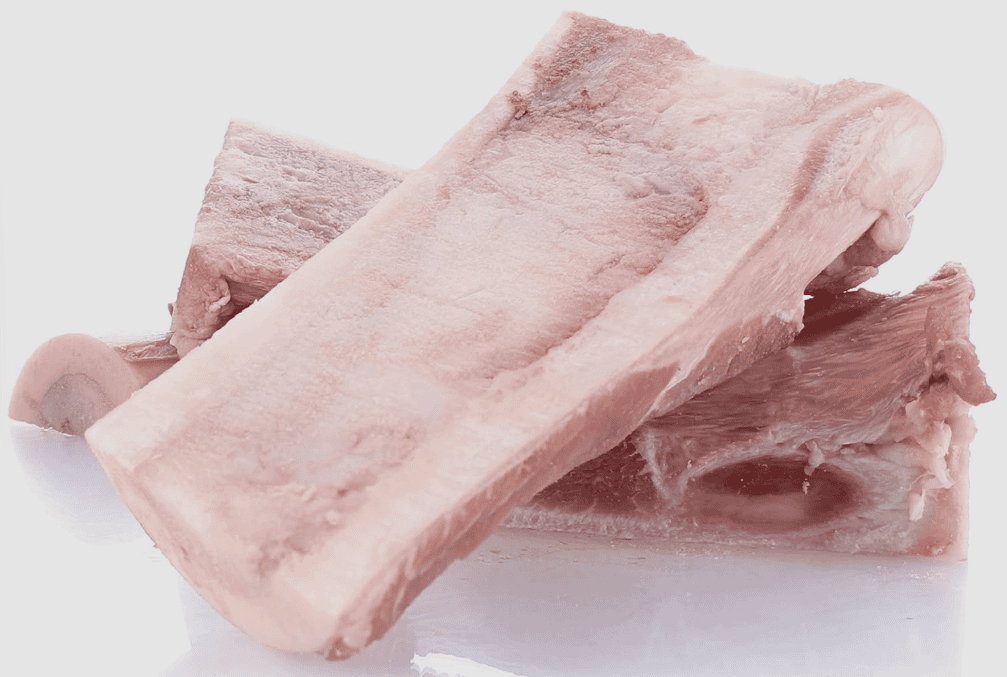Hi there, fellow Golden Retriever parents! I’m Dr. Candy, your holistic vet. Today, we’re going to talk about something that’s often overlooked but incredibly important – Golden Retriever Dental Health. Did you know that dental health is as crucial for our furry friends as it is for us? Yes, you heard it right! Just like in humans, poor dental hygiene in dogs can lead to a host of health problems, including heart disease and kidney disease.
As a holistic vet, I believe in the power of prevention. And when it comes to our Golden Retrievers, prevention starts with understanding the signs of dental disease, common dental health issues, and how to address them. So, let’s get started and learn how to keep those adorable Golden smiles healthy and bright!
Remember, a healthy mouth equals a happy, healthy Golden Retriever. So, let’s dive in and explore the world of dog dental care and Golden Retriever oral hygiene. Say goodbye to bad breath and hello to a healthier, happier pup!

Signs of Dental Disease in Golden Retrievers
As a holistic veterinarian, I often hear from concerned Golden Retriever parents about Golden Retriever Dental Health. You see, dental disease in dogs, particularly in Golden Retrievers, is more common than you might think. Knowing the signs of dental disease can help you ensure your furry friend stays healthy and happy – after all, they deserve it!
So, what should you look out for? Some of the most common signs of dental disease in Golden Retrievers include:
- Bad breath: This is often the first sign dog parents notice. While it’s normal for your dog to have slightly ‘doggy’ breath, excessively foul breath can indicate dental issues.
- Difficulty eating: If your Golden Retriever is struggling to eat, or shows less interest in food, it might be due to dental pain.
- Loose or discolored teeth: Teeth that are loose, or that have changed color, can be a sign of serious dental disease.
- Swollen or bleeding gums: This is often a sign of gingivitis, a common dental issue in Golden Retrievers.
- Pawing at the mouth or face: This may indicate that your dog is feeling discomfort in their mouth.
Aside from these physical signs, changes in behavior can also indicate dental issues. If your normally playful and energetic Golden Retriever suddenly becomes lethargic or irritable, it might be time to check their oral health.
It’s important to remember that dental disease can lead to serious health problems if left untreated. Regularly checking your Golden Retriever’s teeth and gums, and scheduling professional teeth cleanings, can go a long way in preventing dental disease. As a vet, I recommend regular at-home teeth cleanings and annual check-ups to ensure your pup’s Golden Retriever Dental Health is in tip-top shape.

So, take a moment today to check your Golden Retriever’s mouth. If you notice any of the signs mentioned above, it’s time to consult your vet. Remember, early detection and treatment can prevent more serious health issues down the line. Your Golden Retriever will thank you for it!
Common Dental Health Issues In Golden Retrievers
As a veterinarian, I often see Golden Retriever dental health problems. These lovable dogs are prone to certain oral health issues that every pet parent should be aware of.
Firstly, periodontal disease is a common issue. This is an infection of the tissues surrounding the teeth and can lead to tooth loss if not treated. Signs include bad breath, bleeding gums, and difficulty eating. Regular brushing and professional cleanings can help prevent this.
Golden Retrievers are also prone to tooth decay. This is caused by a buildup of plaque and tartar on the teeth, which can lead to cavities. Again, regular brushing and professional cleanings are key to prevention.
Another common issue is tooth fractures. These can occur from chewing on hard objects, like bones or toys. A fractured tooth can be painful and may need to be extracted.
Lastly, oral tumors are more common in Golden Retrievers than in other breeds. Any unusual lumps or bumps in your dog’s mouth should be checked by a vet immediately.
Here’s a quick summary:
- Periodontal disease: infection of the tissues around the teeth
- Tooth decay: caused by plaque and tartar buildup
- Tooth fractures: from chewing on hard objects
- Oral tumors: more common in Golden Retrievers
Remember, regular check-ups and a good oral hygiene routine can help maintain your Golden Retriever’s dental health. As a pet parent, it’s your responsibility to ensure your furry friend has a healthy and happy life.

Let’s delve into conventional dental health treatments for Golden Retrievers. As a loving Golden Retriever parent, it’s essential to understand these options to ensure your furry friend maintains optimal oral health.
Anesthetic Dental Cleanings
Anesthetic dental cleanings are a standard procedure in canine dental care. This procedure involves the use of general anesthesia to keep your pet calm and still while the veterinarian performs a deep cleaning of the teeth. It’s a thorough process that goes beyond what you can achieve with regular brushing at home. It allows for the removal of plaque and tartar build-up both above and below the gum line, which is crucial in preventing Golden Retriever dental health issues like periodontal disease.
However, while anesthetic dental cleanings are highly effective, they are not without risks. The use of anesthesia always carries some degree of risk, especially for senior dogs or those with underlying health conditions.
Potential Individual Health Obstacles
Before deciding on an anesthetic dental cleaning, it’s important to consider your Golden Retriever’s individual health status. Some dogs may have health obstacles that increase the risk of anesthesia.
- Heart problems: Dogs with heart conditions may be at higher risk during anesthesia, as it can affect heart rate and blood pressure.
- Drug sensitivities: Some Golden Retrievers may be sensitive to certain anesthetic drugs, which can cause adverse reactions.
- Seizures: Dogs with a history of seizures may have increased seizure activity with certain anesthetics.
- Extreme age: Older dogs often have a higher risk of complications from anesthesia due to age-related organ function decline.
Always discuss your dog’s health history with your vet before any procedure involving anesthesia. Your vet can help you weigh the risks and benefits, and determine the safest and most effective approach to maintaining your Golden Retriever’s dental health.
Remember, preventive care is key. Regular brushing at home, a healthy diet, and the right dental chews can go a long way in keeping your Golden Retriever’s teeth and gums healthy.
When it comes to maintaining your Golden Retriever’s dental health, a holistic approach is often the best route. This involves not only regular teeth cleaning and check-ups, but also a careful consideration of your dog’s diet and the use of oral health specific probiotics. I’m Dr. Candy, and I’m here to guide you through a comprehensive dental health regimen for your Golden Retriever.
Diet: Low Carbs, Avoid Added Sugars, Enzymes In Fresh Food
The first thing to consider is your dog’s diet. Just like in humans, a diet high in carbohydrates and added sugars can lead to dental decay and gum disease in dogs. So, it’s crucial to feed your Golden Retriever a low-carb diet, free from added sugars.
One way to ensure this is by incorporating fresh foods into their diet. Fresh foods are not only nutrient-dense but also contain natural enzymes that can help break down plaque and tartar. Some great options include raw carrots, which can act as a natural toothbrush, and fresh apples, which are a great source of vitamin C and can help to boost your dog’s immune system.
Oral Health Specific Probiotics
Another key aspect of a holistic approach to your Golden Retriever’s dental health is the use of oral health specific probiotics. Probiotics are beneficial bacteria that can help to balance the microflora in your dog’s mouth, thereby preventing the overgrowth of harmful bacteria that can lead to dental disease.
I highly recommend Probiora for Dogs, an oral health targeted probiotic. This product is specifically designed to support your dog’s oral health, helping to reduce plaque and tartar build-up, freshen breath, and even whiten teeth.
Remember, Golden Retriever dental health isn’t just about regular teeth cleaning – it’s about taking a holistic approach that includes a healthy diet and the use of oral health specific probiotics. So, give these tips a try and help your Golden Retriever maintain a healthy and happy smile!

Recommended Dental Chews & Products For Golden Retrievers
As a loving pet parent, I know you’ve probably tried a variety of commercially promoted dental chews in an attempt to keep your Golden Retriever’s teeth clean and healthy. However, these products often fall short of their promises. They’re usually packed with artificial ingredients and fillers that provide little to no dental benefits. Moreover, these chews can even upset your dog’s stomach or pose a choking hazard.
Another commonly recommended product is drinking water additives, which are marketed as a quick solution for bad breath. However, these additives can disrupt the beneficial bacteria in your dog’s gut, leading to digestive issues and potentially compromising their overall health.
So, what’s the solution for maintaining your Golden Retriever’s dental health? Natural, single-source proteins are the way to go. These include items like tendons, raw marrow bones, and bully sticks. Let’s delve deeper into why these are the top picks.
Tendons
Tendons are a fantastic natural chew for your Golden Retriever. They are tough and fibrous, which helps to scrape off plaque and tartar from your dog’s teeth. Plus, they are a good source of protein and collagen, promoting good joint health.

Raw Marrow Bones
Raw marrow bones are another excellent choice for maintaining your Golden Retriever’s dental health. They are a natural source of calcium and phosphorus, which are essential for healthy teeth and bones. Furthermore, the act of gnawing on bones can help to clean your dog’s teeth and gums.

Bully Sticks
Bully sticks are made from 100% beef muscle, providing a natural and digestible chew for your Golden Retriever. They can effectively remove plaque and tartar and are a good source of protein. However, always supervise your dog while they’re chewing on a bully stick to prevent any choking hazard.

Remember, maintaining your Golden Retriever’s dental health is a multi-faceted approach. A balanced diet, regular vet check-ups, and the right dental chews are all crucial components. Happy chewing!
Frequently Asked Questions
1. How often should I brush my golden retriever’s teeth?
It is recommended to brush your golden retriever’s teeth at least 2-3 times a week. Regular brushing helps prevent plaque and tartar buildup, reducing the chances of bad breath and dental diseases.
2. What kind of toothbrush and toothpaste should I use for my golden retriever?
For your golden retriever, it is best to use a soft-bristled toothbrush specifically designed for dogs. Avoid using human toothpaste as it may contain ingredients that can be harmful to dogs. Instead, use a toothpaste formulated for dogs, which is safe to swallow and comes in flavors they enjoy.
3. Are dental chews and toys beneficial for my golden retriever’s dental health?
Yes, dental chews and toys can be beneficial for your golden retriever’s dental health. They help remove plaque and tartar while providing mental stimulation. Look for dental chews and toys that are specifically designed to promote oral hygiene and are appropriate for your dog’s size.
4. How can I tell if my golden retriever has dental problems?
There are several signs that may indicate dental problems in golden retrievers. These include bad breath, swollen or bleeding gums, yellow or brown discoloration on the teeth, difficulty eating or chewing, and excessive drooling. If you notice any of these signs, it is important to consult your veterinarian for a dental examination.
5. Can professional dental cleanings be necessary for golden retrievers?
Yes, professional dental cleanings performed by a veterinarian may be necessary for golden retrievers. Even with regular brushing and dental care at home, some dogs may develop significant tartar buildup that requires professional cleaning. Your veterinarian can assess your golden retriever’s dental health and recommend the appropriate frequency for professional cleanings.
